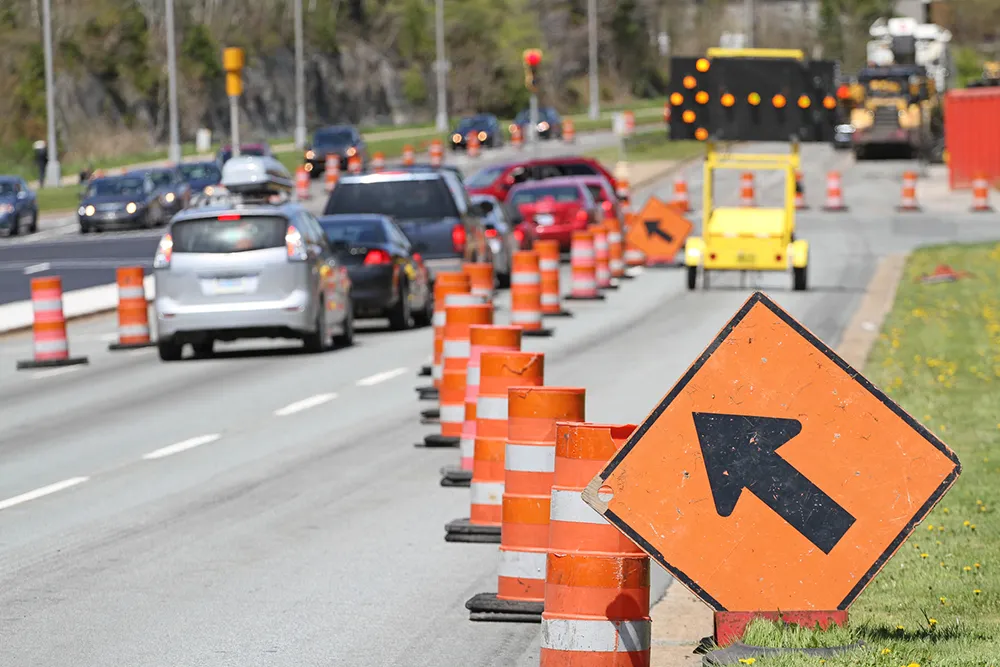A major project by Siemens to upgrade over 160 traffic signal controllers across Tyne and Wear is set to go ahead following the award of Better Bus Area (BBA) funding from the Department for Transport to The Tyne and Wear Integrated Transport Authority, in the north east of England.
July 24, 2012
Read time: 1 min
RSSA major project by 189 Siemens to upgrade over 160 traffic signal controllers across Tyne and Wear is set to go ahead following the award of Better Bus Area (BBA) funding from the Department for Transport to The Tyne and Wear Integrated Transport Authority, in the north east of England.
The project aims to improve the reliability of journey times along 19 bus corridors and relieve congestion at nine hotspots where buses are currently delayed on a regular basis. This will involve Siemens upgrading and connecting traffic controllers to its remote monitoring system (RMS) and providing the Tyne and Wear Urban Traffic Control Centre with the company’s dial up strategic control (DUSC) enabling the efficient monitoring and management of on-street traffic equipment along the key bus corridors. The system features an advanced Siemens instation, which allows operators to examine and monitor the status and timings of all monitored equipment at a glance, using a fully user-friendly, customised map-based display, and to intervene to remotely located control equipment.
The project aims to improve the reliability of journey times along 19 bus corridors and relieve congestion at nine hotspots where buses are currently delayed on a regular basis. This will involve Siemens upgrading and connecting traffic controllers to its remote monitoring system (RMS) and providing the Tyne and Wear Urban Traffic Control Centre with the company’s dial up strategic control (DUSC) enabling the efficient monitoring and management of on-street traffic equipment along the key bus corridors. The system features an advanced Siemens instation, which allows operators to examine and monitor the status and timings of all monitored equipment at a glance, using a fully user-friendly, customised map-based display, and to intervene to remotely located control equipment.








